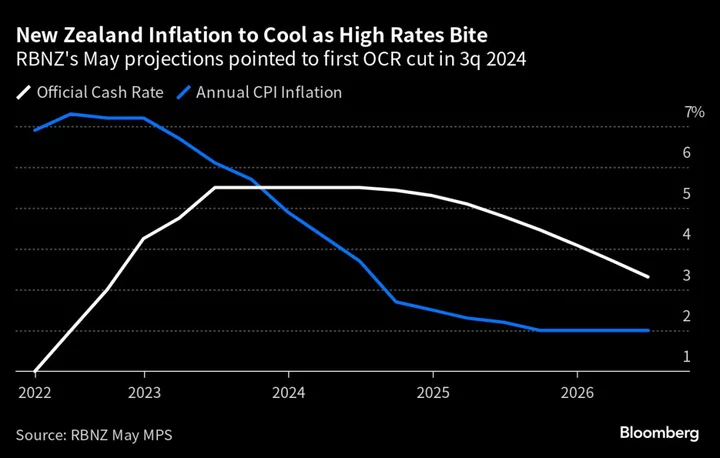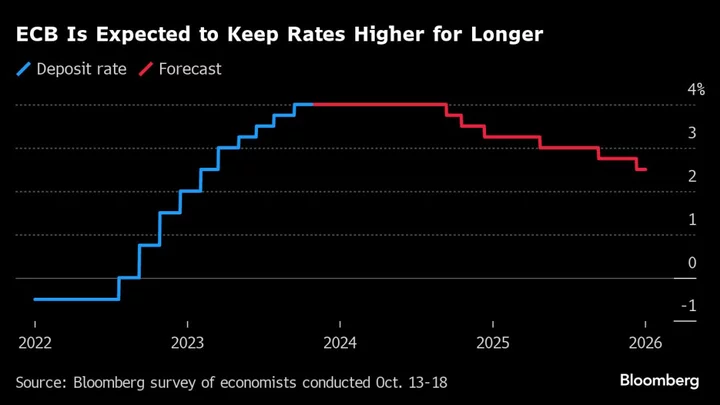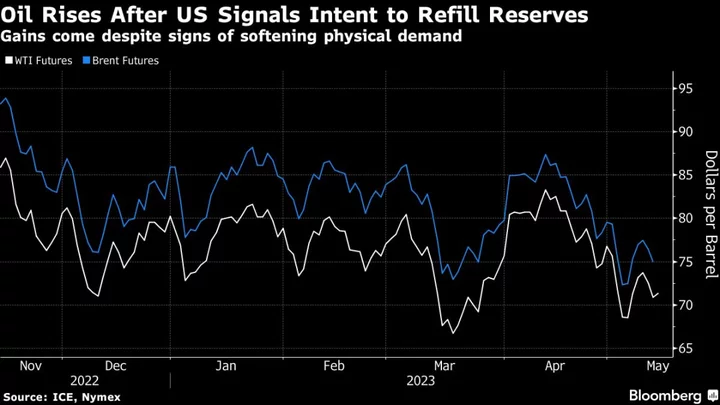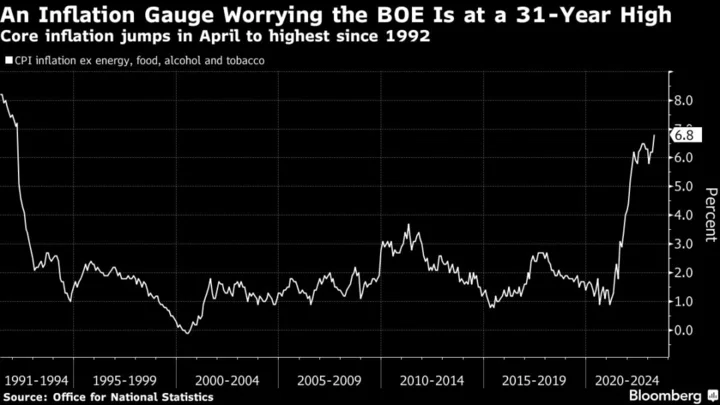Unplanned outages at state power utility Eskom Holdings Ltd.’s generating fleet fell to less than 16,000 megawatts in the past two months, compared with more than 18,000 megawatts previously, President Cyril Ramaphosa said.
The reduction came about after the company cut planned maintenance during June and July, having undertaken significant repairs to its equipment in the preceding months, Ramaphosa said in his weekly newsletter on Monday.
The government plans to release a detailed report later on Monday outlining the work done to improve the performance at Eskom’s power plants, the president said. A website is also being launched that will enable South Africans to track the work of the National Energy Crisis Committee and see how to reduce consumption and save on energy bills, he said.
South Africa to Boost Grid Capacity (July 30, 3:30 p.m.)
South Africa plans to scale up its grid capacity as it works to both address the crippling power shortages that have plagued the nation for 15 years, and also put the country on track to meet its decarbonization goals.
The country will extend transmission lines by 14,218 kilometers (8,835 miles) over in the next 10 years and will seek to boost transformers sixfold by 2033, as it tries to keep up with projected demand from consumers and business, Electricity Minister Kgosientsho Ramokgopa said at a briefing on Sunday.
Read more: South Africa to Boost Grid Capacity as It Seeks to End Blackouts
Power Outages Constraining Growth (July 28, 1:59 p.m.)
The central bank estimates that South Africa’s economic growth rate this year and over the next two would have been closer to 2% had it not been for frequent power cuts, according to Governor Lesetja Kganyago.
The central bank is forecasting growth of 0.4% this year, and expects it to average about 1% over the next two years.
Although loadshedding, the local term for outages, “entered the South African lexicon 15 years ago, it has intensified over the past two years, placing a binding constraint on growth,” Kganyago said Friday at a meeting of the central bank’s shareholders.
Energy-Starved Vineyards Count Cost of South Africa Blackouts (July 28, 7 a.m.)
Loadshedding is also badly affecting the country’s more than 300-year-old wine industry. It’s impacting all stages of production, from irrigation to bottling.
If power cuts interrupt watering the vines can experience “partial stresses,” which can reduce the size and number of fruit, according to Wanda Augustyn, the head of brand and communications at South Africa Wine, an industry body.
The 2023 harvest is estimated at about 1.2 million tons, 14.2% smaller than last year, according to the South African Wine Industry and Information Systems.
The drop is attributed to a combination of factors, including cold, wet weather and the uprooting of vineyards due to disease. A lack of electricity in intensively irrigated areas negatively impacted crop sizes.
Read More: Energy-Starved Vineyards Count Cost of South Africa Blackouts









